At 5:27 p.m. on Dec. 27, 2017, I became a middle child.
My older brother, Om, and I sat anxiously in a dimly lit Las Colinas Medical Center waiting room crowded by family and friends. We spent that day eagerly anticipating the birth of our younger brother. I can vividly picture my father stepping out of the hospital room, guiding my mom as she held my new brother, Hari.
It took my parents about 30 seconds to reach us, hilariously mirroring the opening scene to Disney’s The Lion King. Flushed with excitement, Om and I rushed over to my parents while the crowd of family and friends trailed behind.
An elderly couple from the crowd pulled me aside to tell me what I assumed was going to be another round of enthusiastic congratulations. Instead I heard, “Your parents will still love you, you know.” He went on to say, “You may not be on their radar, with the eldest and now the youngest, but they will always love you.”
His wife nodded in agreement, proceeding to hug me once more before unabashedly waltzing around the hospital in search of my older brother.
At the time, my 8-year-old naïve self didn’t catch the condescending undertones of that statement. Thankfully, in hindsight, I now view this encounter comedically. The couple’s “warning” could not have been further from my personal experience as a middle child.
A common stereotype of middle children is the conniving envy we supposedly share with our siblings. Suspicions of unequal attention, love and care from parents fuel these assumptions.
What is my lengthy, heartfelt response to this theory?
“That’s wrong.”
In all seriousness, my family is a peculiar one, straying away from the nuclear family dynamic. Om and I are merely two years apart, while Hari and I share an eight-year age gap.
I hold my utmost gratitude toward my wonderful parents. They emphasize how important love and support are between siblings, and teach us humility, discipline, love and fairness. They have created an equal level of respect for each of my brothers individually, a dynamic that strays far from the ideas of unequal love and care in families with middle children.
My older brother is the funniest person I know. The fondest memories I replay of my brother and I are like happy music, filled with our laughter and inside jokes. Om makes sure to create a positive and constructive environment, especially when I am faced with adversity.
My younger brother is my best teammate. We spend summertime afternoons annihilating our father in a game of soccer and teaming up to play his favorite video games.
The bond my brothers and I share is often considered dissimilar to how people perceive it to be, considering I am the middle child. So, to my brothers, thank you and I love you.
Being the middle child allows me to learn from the experiences of my older brother, while also using those lessons to guide my younger brother. My position in my family dynamic is truly a gift.
So, this Thanksgiving, I show my thanks for being the Vernekar family middle child.
Follow @CHSCampusNews on X.



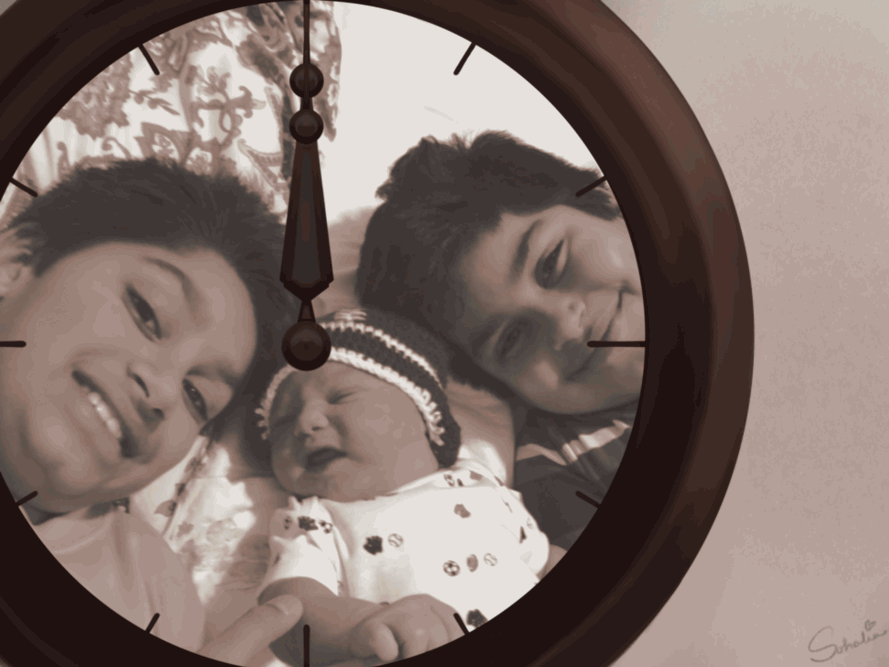
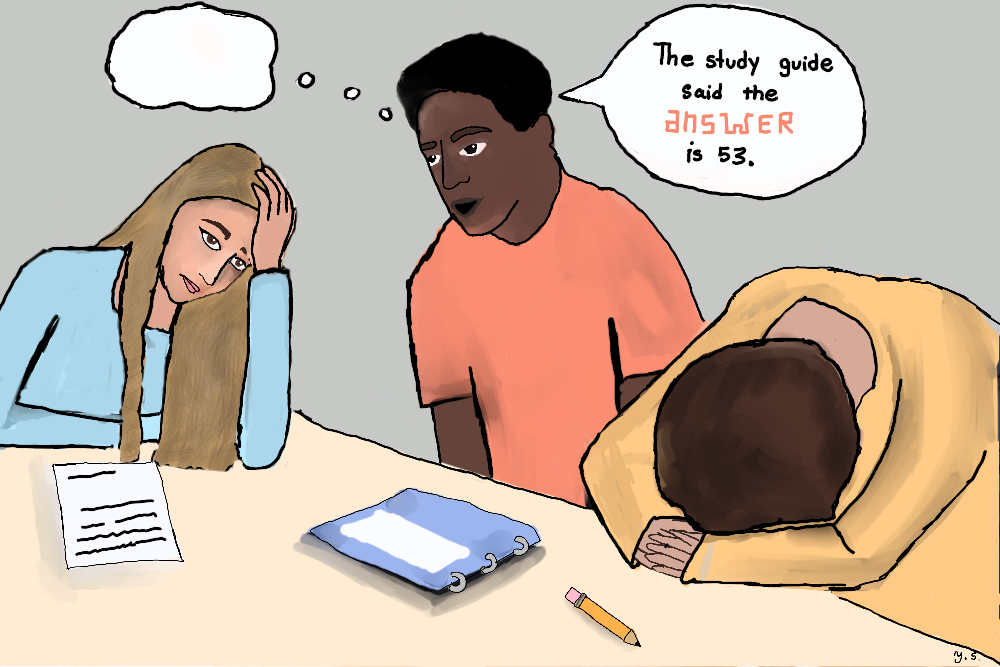

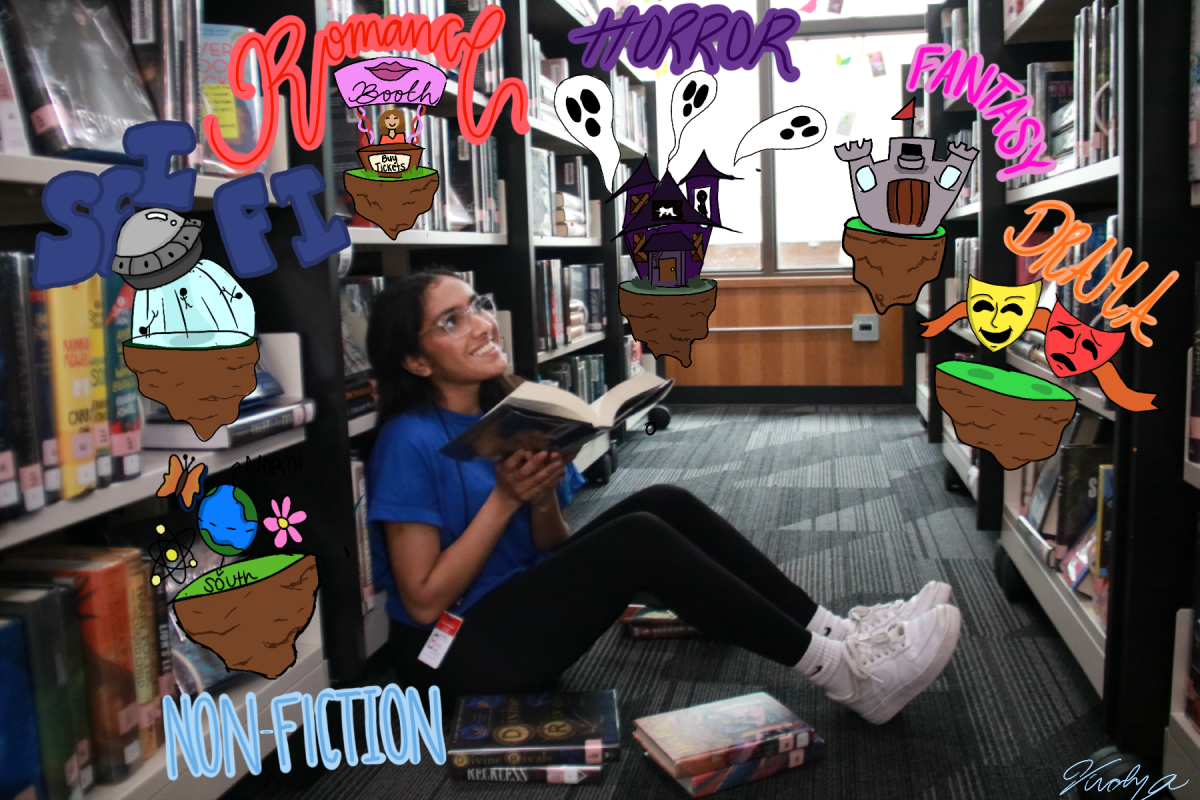
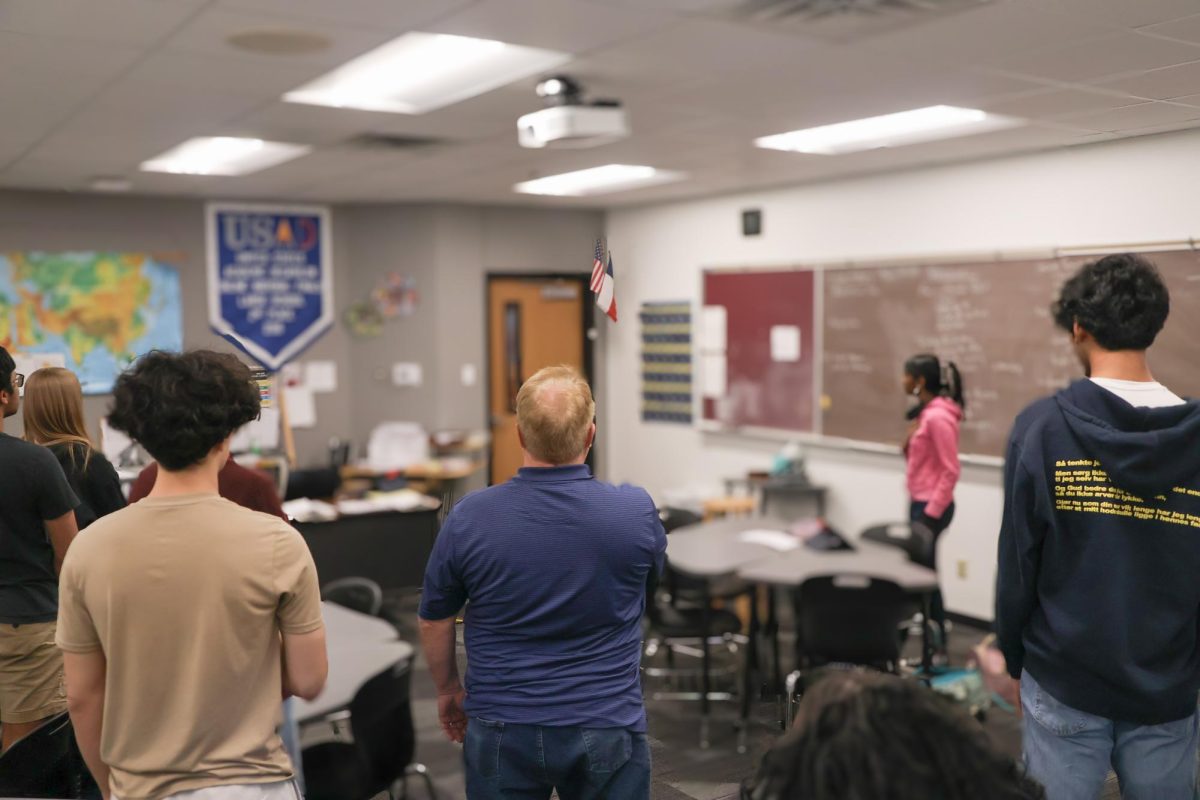

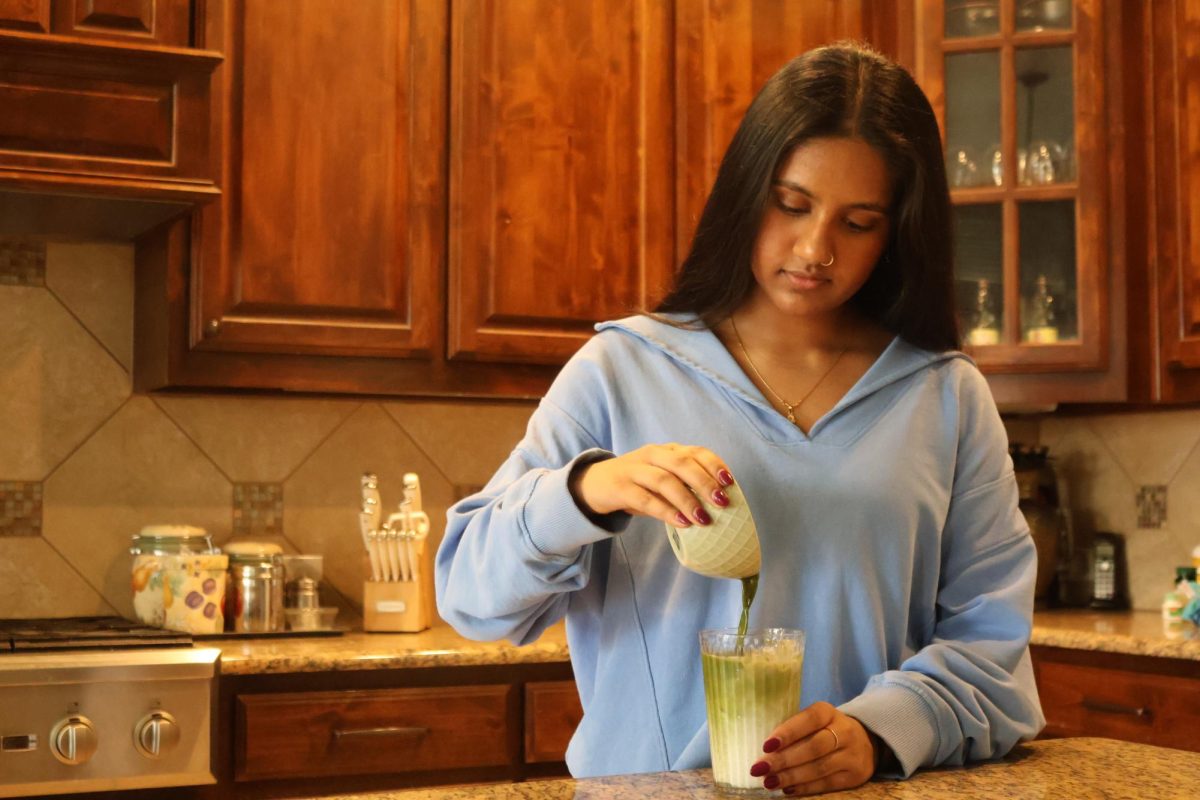
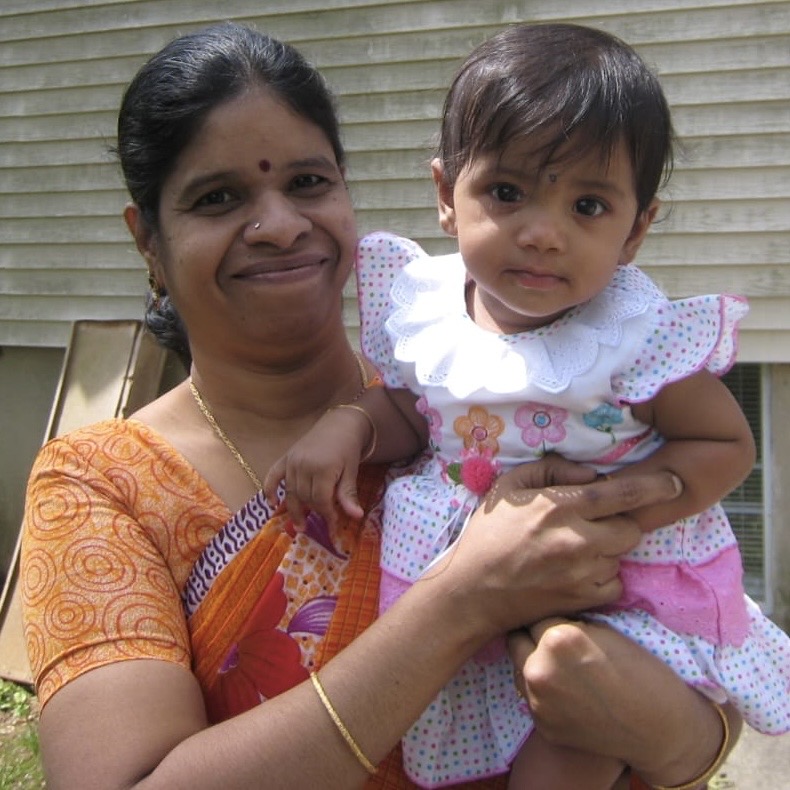
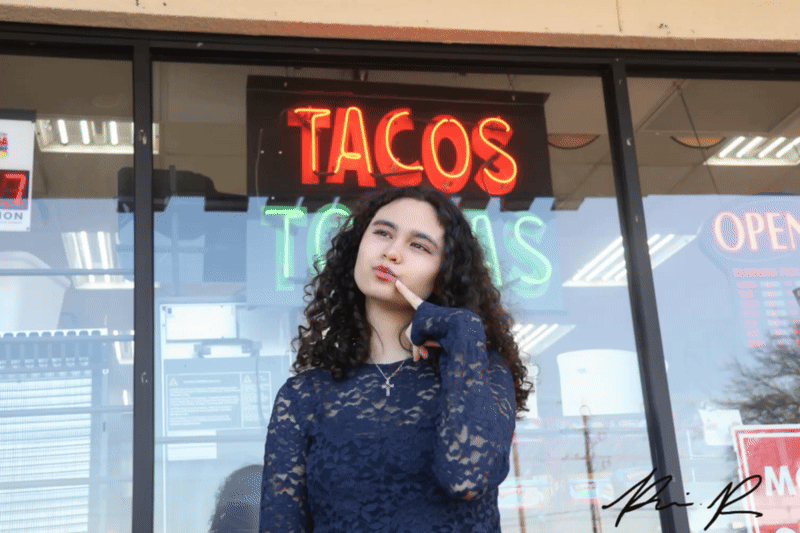

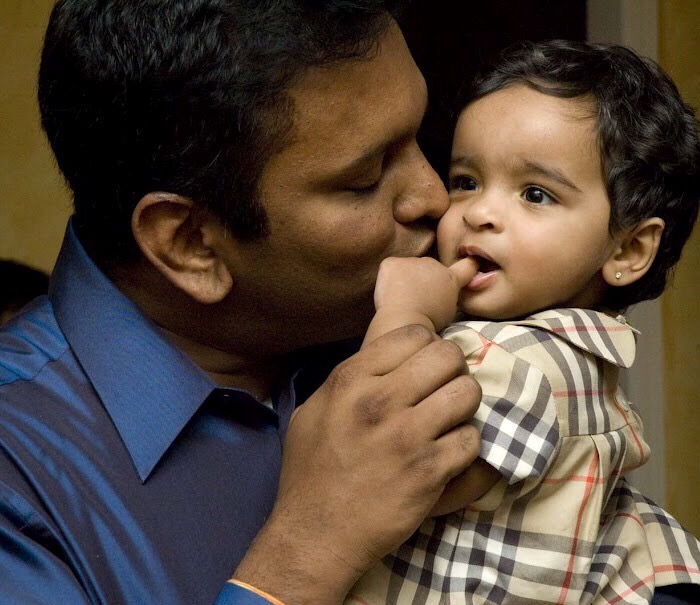
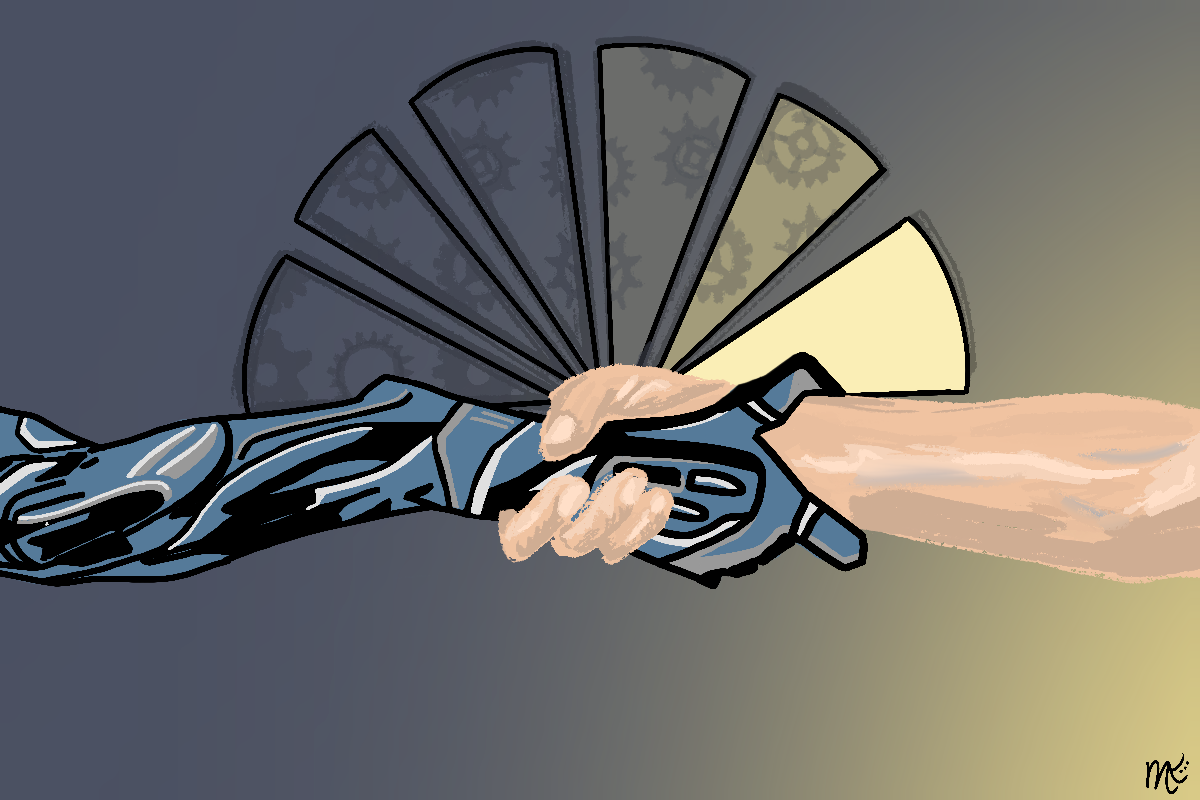
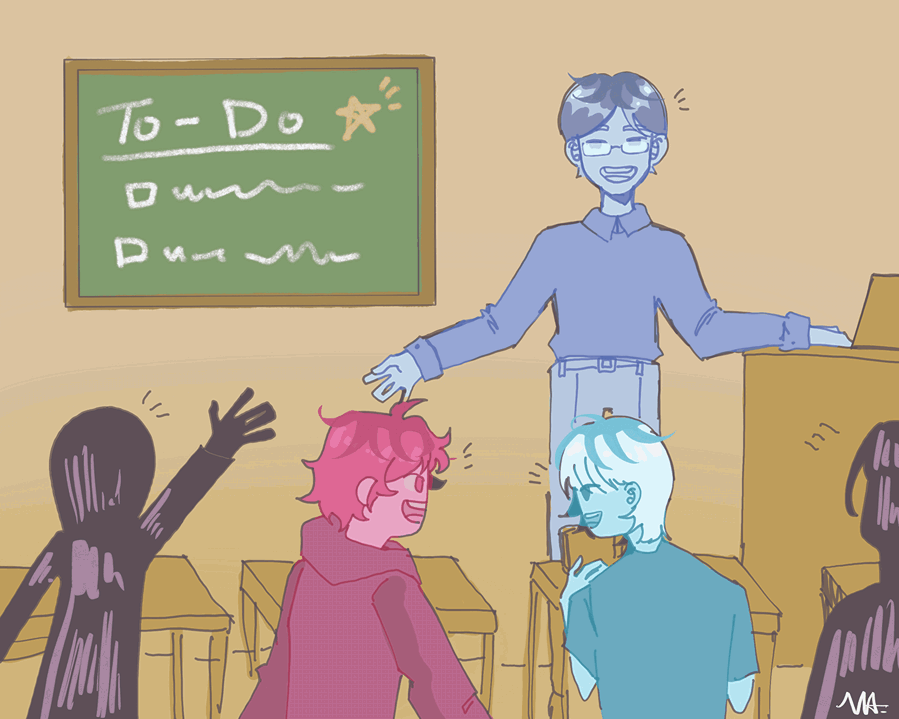
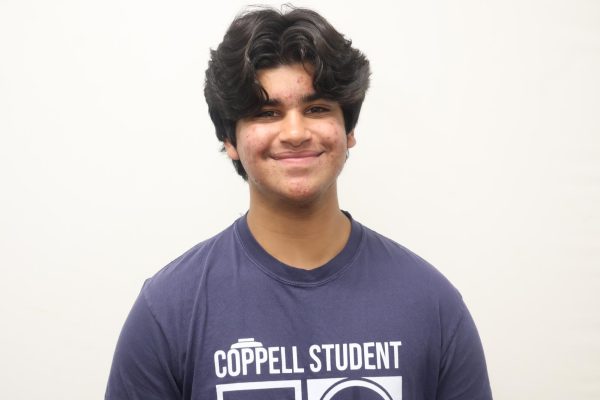
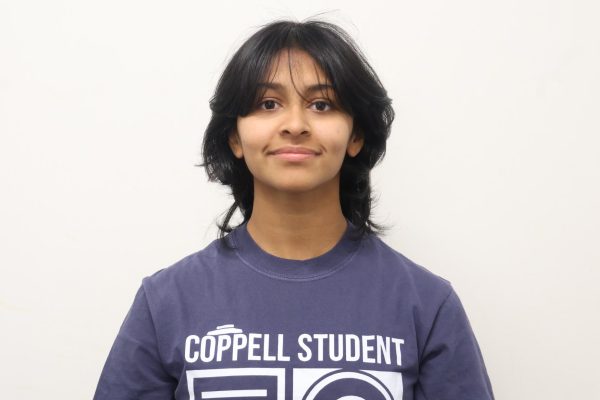
Dhamodharan Sankaran • Nov 27, 2024 at 9:05 pm
A beautiful and genuine story of family love – you show us how being a middle child is actually a gift. Loved the narrative.Great writing Jay!